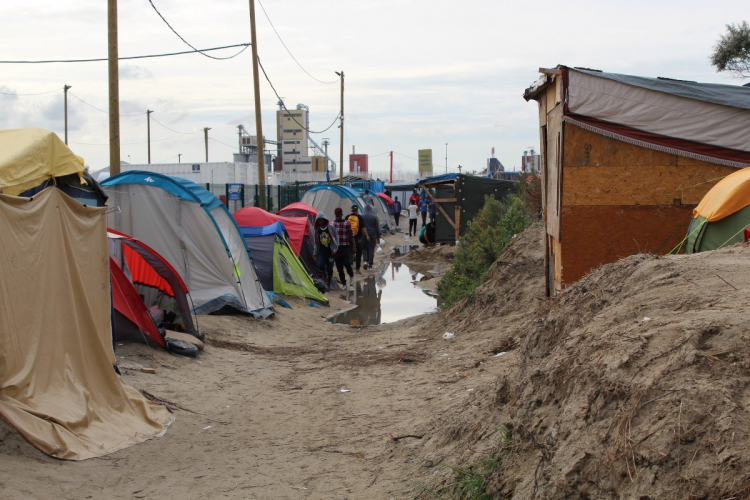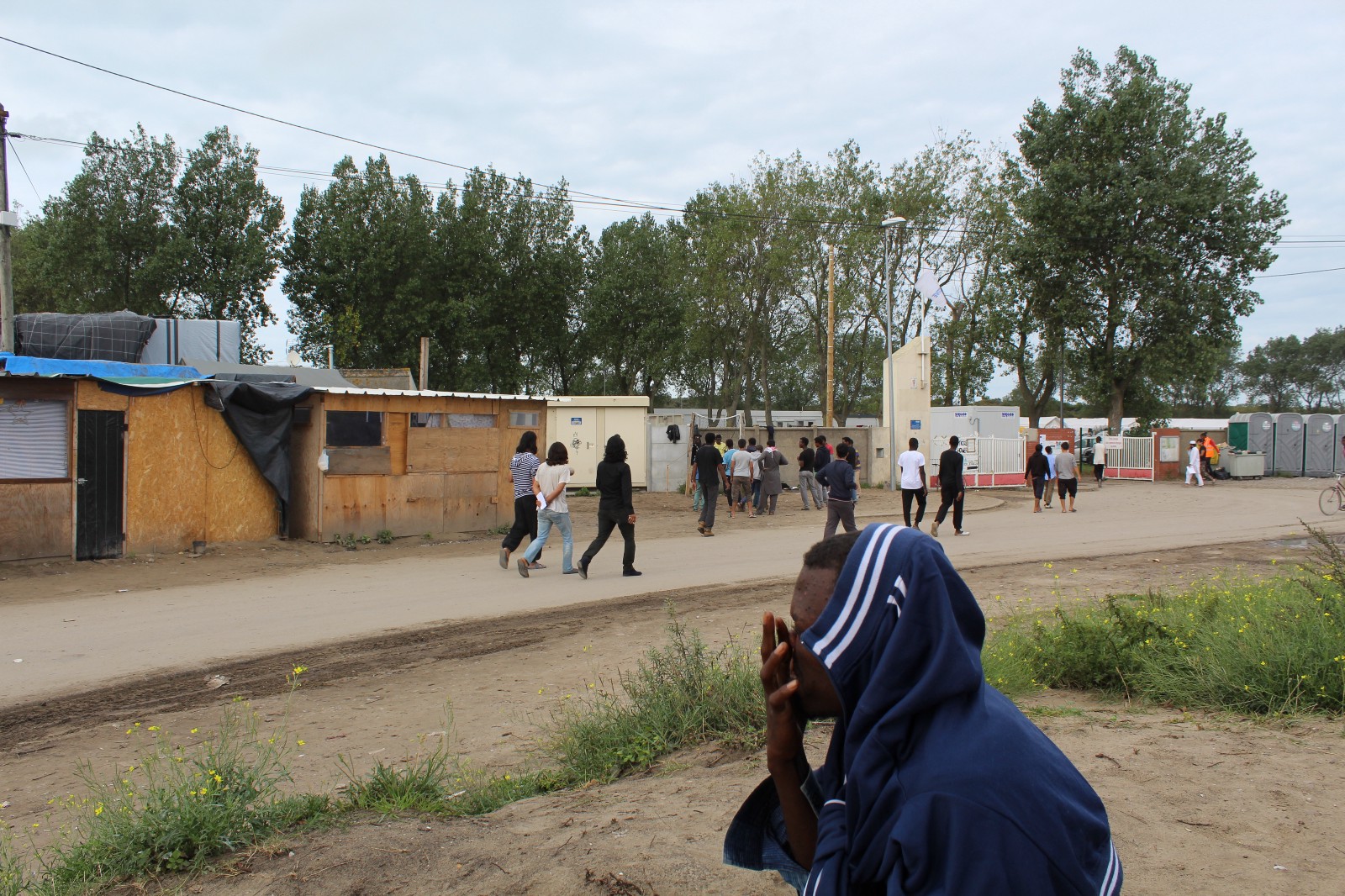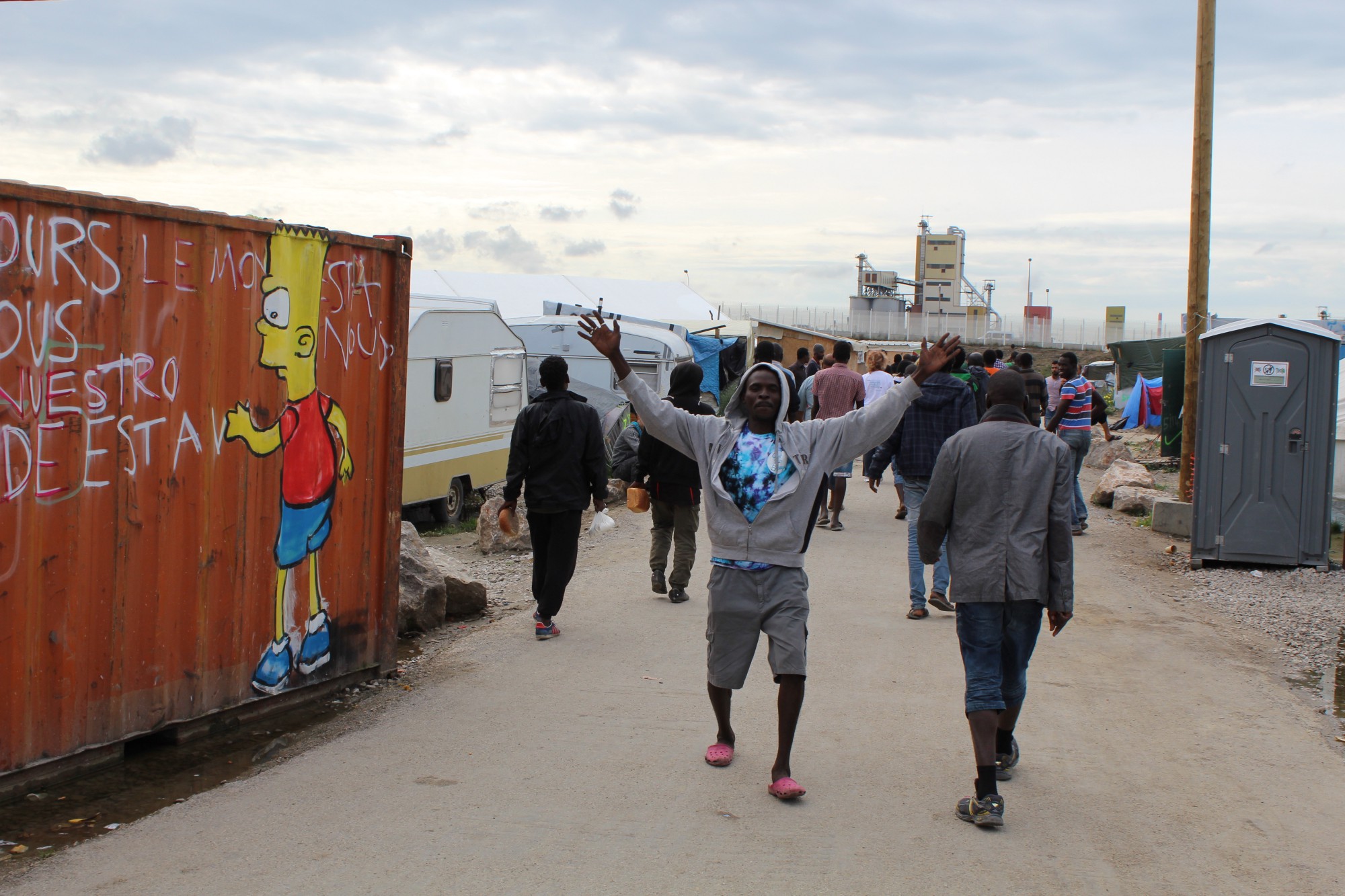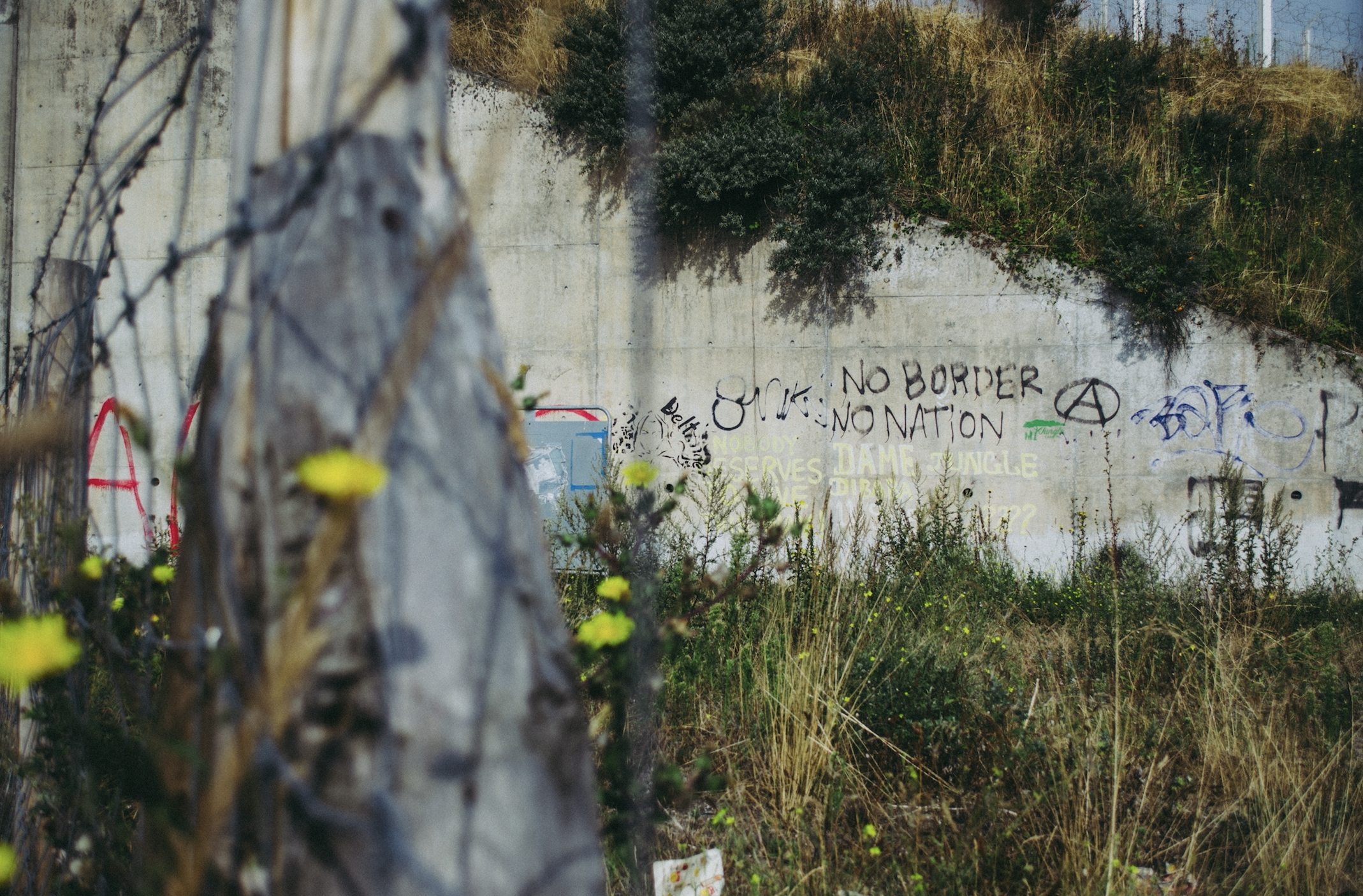Voices From the Jungle: the Calais Refugee Camp Conference

Voices From the Calais Jungle explores the political and human perspective on the migration crisis in Europe. The group of scholars present at the talk included a French lawyer, a French activist, a refugee and Dr. Aura Lounasmaa, the author of the book, Voices from the Jungle which pieces together 22 stories from refugees in the Calais refugee camp. Located in the Northern part of France facing the English channel, the Calais Jungle was dismantled by the French authorities in October 2016 after the migration crisis peaked in Europe, because of its brutal conditions.
The talk discussed the humanitarian principles embodied in the Jungle, and also located the political standpoint for the crisis. To hold an objective position, it is necessary to take into account all the points of view related to the migration crisis that has been taking place for decades in Europe. Like the French Activist, Judith Aquien says, "these people are people. They have a job, a family, a social life, aspirations, a future, a past, and a present.”
French lawyer Elodie Journeau joined the talk to explain the more technical components and the political standpoints of the crisis. She explained how one of the biggest obstacles refugees face is their desire to end up in the country of their own choice, usually because they have relatives there. A refugee by definition is a person who has had to leave their country because of persecution, war or violence. This includes anything from racism, political opinions, nationality, or any membership in a particular social group. An asylum seeker is anyone who is being persecuted and their demand is yet to be processed.
Now, the long and painful story begins. The Fourth Geneva Convention was signed after WWII to protect civilians in wartime. This international treaty gives the right for civilians to seek asylum in another process. For this to happen, the state, in this case, the French state, must approve that they are indeed asylum seekers to continue this process. This basically involves several applications, verifications, so on and so forth, and anyone with experience in France can imagine how this is an incredibly complicated and slow process. One thing is clear: people seeking asylum must be treated with dignity until their status within the country is determined. During this tedious process, these people have to find shelter, so often times they proceed to refugee camps.
Image Credit: Forrest Crellin
Elodie examined the problematic situation, starting out with the economic issues every country faces by having to finance refugee camps, shelter, food etc. where no amount of money is ever enough. Also, when taken on a global scale, Europe is only receiving nine percent of the total refugee population. Here is where the diffusion of responsibility takes place.
According to the Dublin Regulations, when refugees enter Europe they are supposed to seek asylum in their arrival country. Logically speaking, most of the times this would be Italy and Greece. Of course, people want to go where they have family, and this is frequently complicated because they are not able to enter Europe where they want to seek asylum. This, more times than not, leads to refugees being sent back to the first country they registered in and not being able to register at camps in other places.
Referring to the Calais Jungle particularly, due to its geographic positioning, the goal for a majority of refugees there was getting into the UK. The UK’s government was supposed to finance this camp in northern France, but apparently the money for this was going towards the Great Wall of Calais. This wall was being built the same year Donald Trump was elected president of the United States.
"The world is ours" written in several languages on a container. Image Credit: Forrest Crellin
In 2015 Dr. Aura Lounasmaa and a group of Professors from the University of East London taught a university course in the Calais Jungle, called Life Stories. Here, refugees in the camp were able to write their experiences and stories, which were later published in the book Voices of the Jungle. Refugees expressed their hardships, how violent their homeland was. Their homes were being bombarded, and their shelters burned during the dismantling of Calais Jungle.
This current humanitarian crisis fails to keep society content, as it affects millions of people including people being persecuted. Others, such as taxpayers, are discontented with the fact that the weight is now being carried by them and by nations not engaged directly in conflict. French Activist Judith Aquien said that "the State does not do what it should and common people should be responsible for this," because, in the end, "we all have to defend what humanity means."
Image Credit: Radek Homola/Unsplash
Check out Care4Calais to find more information on volunteering opportunities and donations.
At the end of the semester Judith Aquien will be organizing a donations drive at AUP. Clothing, food, books, anything helps. Please contact her for more information and keep an eye open for more information near the end of the semester.










